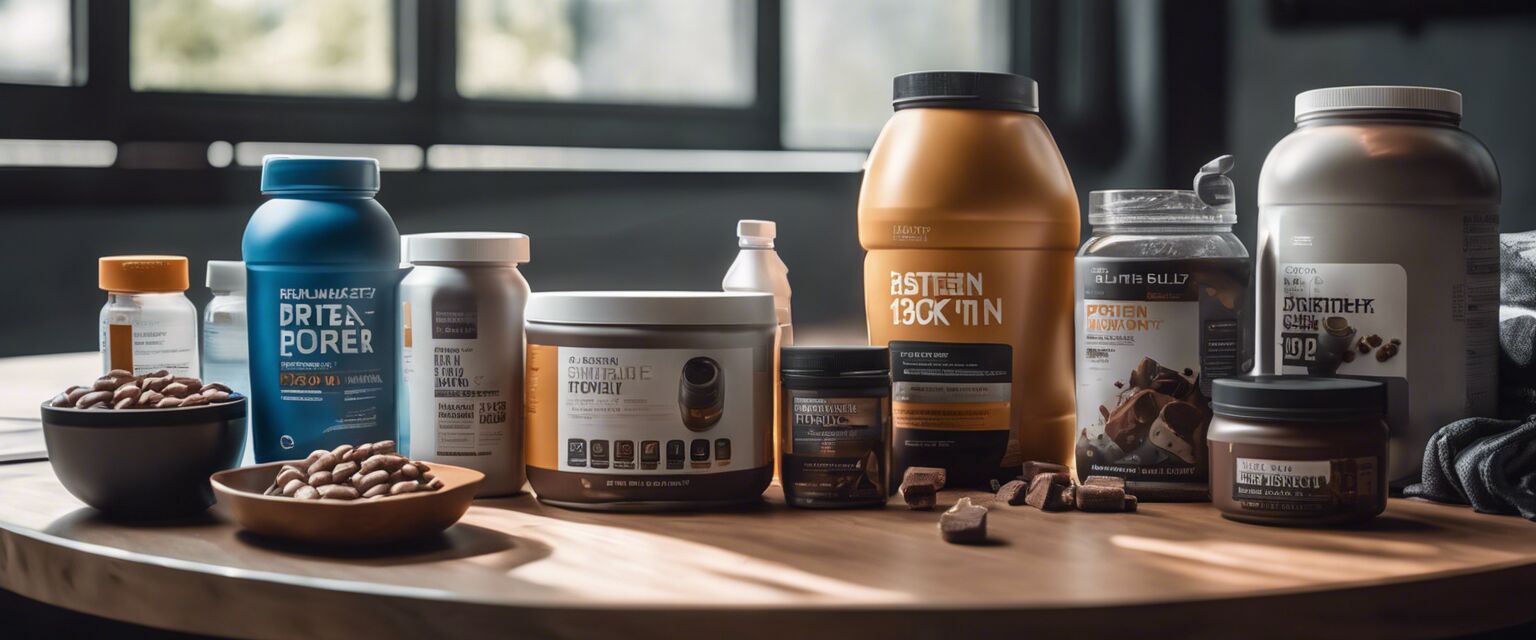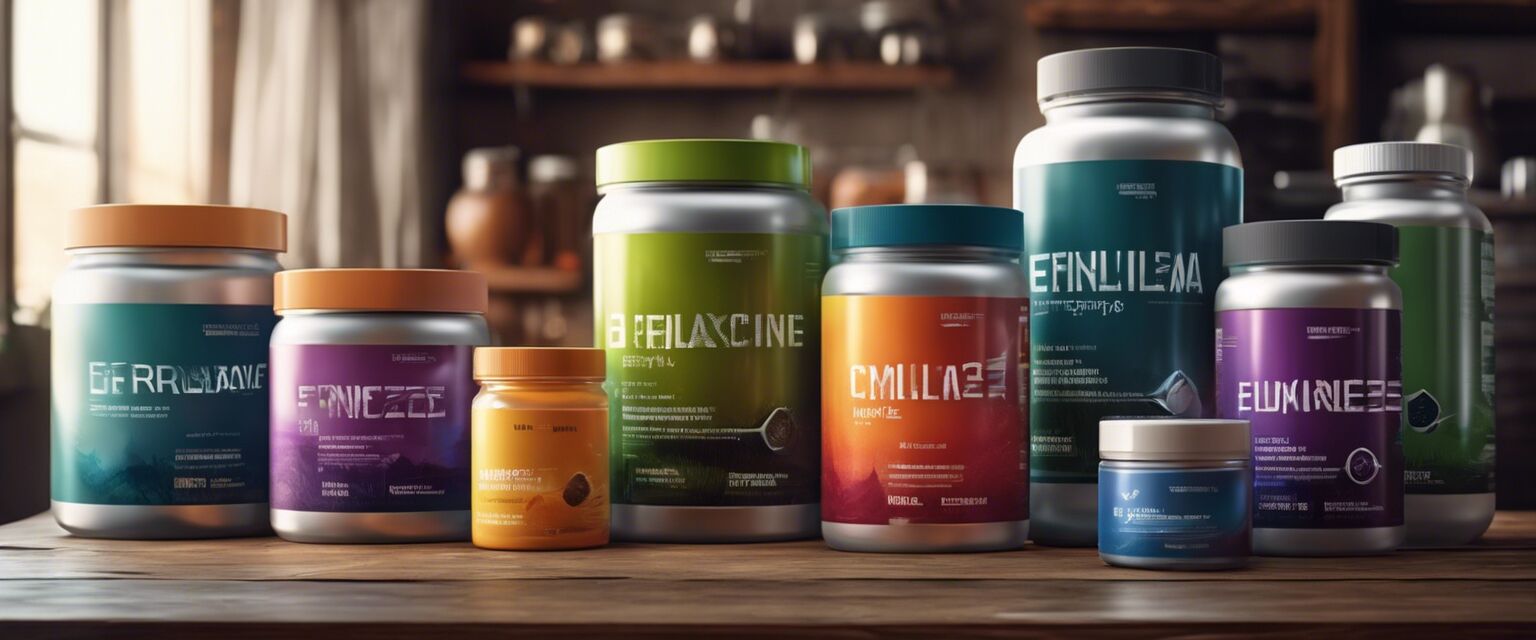
Women's Protein Supplements
Key Takeaways
- Protein supplements provide essential nutrition tailored for women's needs.
- There are various types of protein supplements, including powders, bars, and ready-to-drink shakes.
- Benefits can include muscle recovery, weight management, and overall wellness.
- Choosing the right protein supplement depends on personal goals and dietary preferences.
Protein plays a crucial role in a woman's diet, especially for those who lead an active lifestyle. This comprehensive guide will explore the types of protein supplements available, their benefits, and how to choose the right one for your needs.
What are protein supplements?
Protein supplements are products designed to provide a convenient source of protein. They come in various forms, including:
- Protein powders
- Protein bars
- Ready-to-drink protein shakes
- Protein snacks
Types of protein supplements for women
| Type | Description | Common Sources |
|---|---|---|
| Whey Protein | A fast-digesting protein ideal for post-workout recovery. | Milk |
| Casein Protein | A slow-digesting protein that provides a steady release of amino acids. | Milk |
| Plant-Based Protein | Includes proteins from sources like peas, brown rice, and hemp, suitable for vegans. | Peas, Brown Rice, Hemp |
| Egg Protein | A complete protein source that is highly bioavailable. | Eggs |
Benefits of protein supplements for women
Women can benefit from protein supplements in various ways, including:
- Muscle recovery: Protein aids in repairing muscles after workouts.
- Weight management: Protein can help keep you feeling full longer, which may assist in weight control.
- Support for active lifestyles: Supplements provide a quick and convenient source of protein for busy schedules.
- Bone health: Protein plays a role in maintaining bone density.
How to choose the right protein supplement
Selecting the right protein supplement depends on your dietary needs, lifestyle, and fitness goals. Here are some tips:
Tips for beginners
- Identify your protein goals: Depending on your activity level, you may need more protein.
- Check the ingredient list: Look for minimal ingredients and avoid added sugars.
- Consider dietary restrictions: Choose plant-based options if you are vegan or lactose intolerant.
- Start with small servings: Gradually increase your intake to assess tolerance.
Popular protein supplement formats
Protein supplements come in various formats that cater to different preferences. Below is a comparison of these formats:
| Format | Convenience | Ideal For |
|---|---|---|
| Powders | Customizable servings; need mixing. | Post-workout shakes, smoothies. |
| Bars | Ready-to-eat; portable. | Snacks or meal replacements. |
| Ready-to-drink | No preparation needed; very convenient. | On-the-go nutrition. |
| Snacks | Snacking convenience; often lower in protein. | Casual snacking. |
Common misconceptions about protein supplements
There are several myths surrounding protein supplements that can lead to confusion:
- Myth: Protein supplements are only for bodybuilders.
- Myth: More protein always equals better results.
- Myth: You can get enough protein from food alone, so supplements are unnecessary.
How to incorporate protein supplements into your diet
Incorporating protein supplements into your diet can be easy and beneficial. Here are some suggestions:
- Add protein powder to smoothies or oatmeal.
- Choose protein bars as a quick snack or meal replacement.
- Use ready-to-drink shakes for convenience after workouts.
- Mix protein powder into baked goods for extra nutrition.
Conclusion
Choosing the right protein supplement can enhance your nutrition and support your active lifestyle. Remember to assess your needs and preferences, and always consult with a healthcare professional if you have any concerns about dietary changes.
Explore more about protein supplements
For more information on related topics, check out our other articles:
- Protein Supplements
- Post-Workout Recovery
- Pre-Workout Supplements
- Weight Management
- Vitamins & Minerals
Pros
- Convenient source of protein.
- Supports muscle recovery.
- Available in various forms to suit preferences.
- Can aid in weight management.
Cons
- Can be expensive.
- Some may contain added sugars or artificial ingredients.
- Not a substitute for whole foods.
- May cause digestive issues for some individuals.










